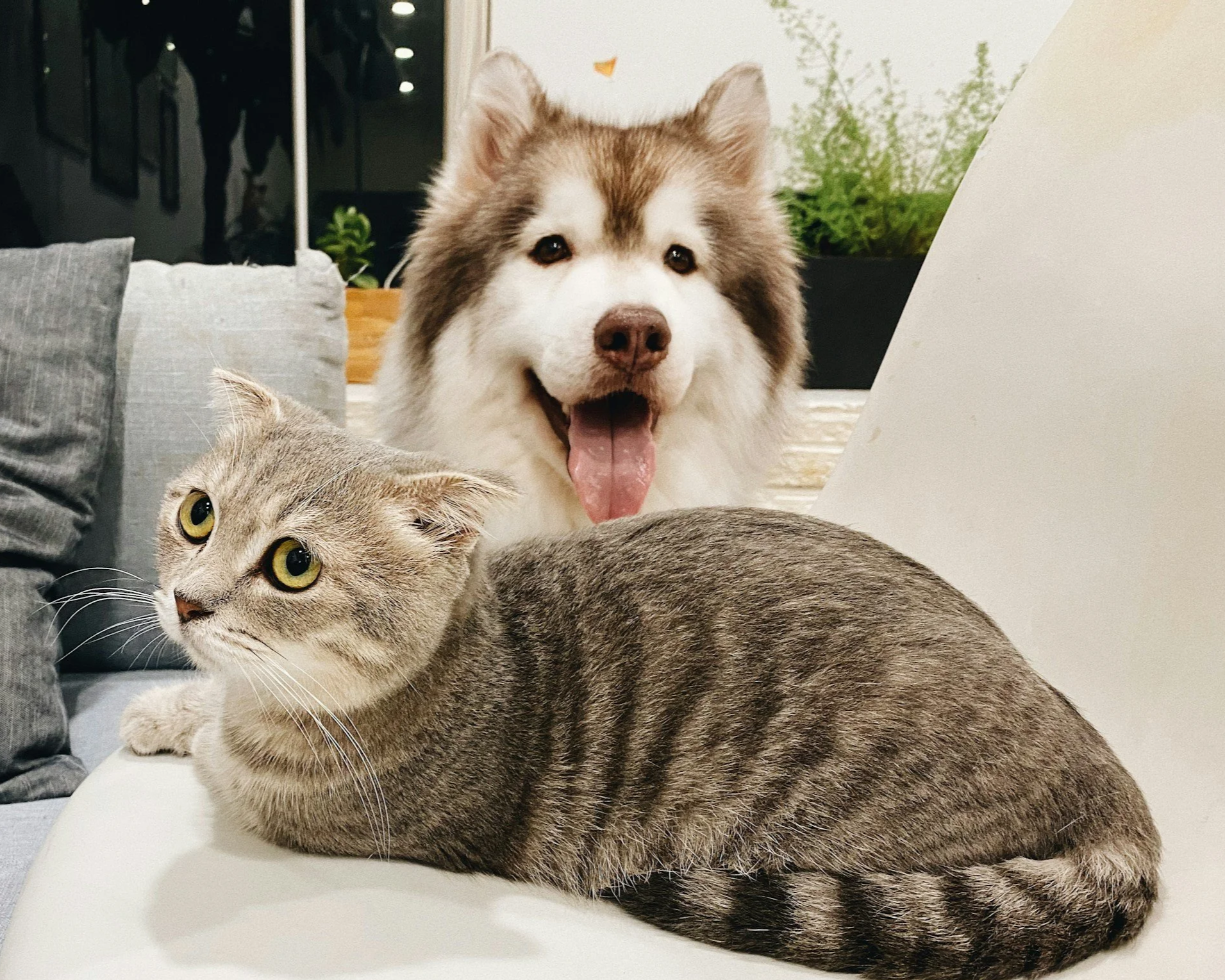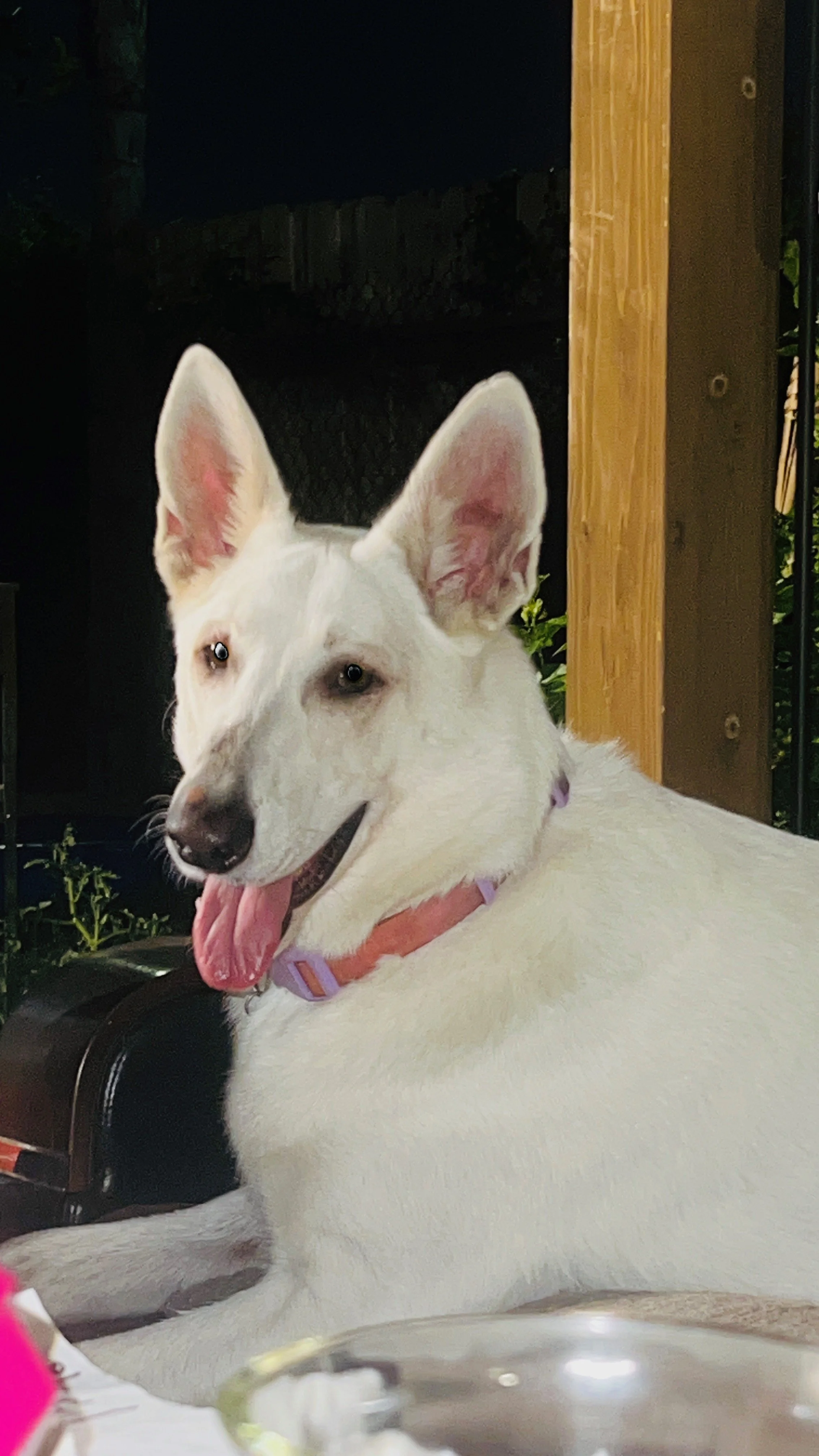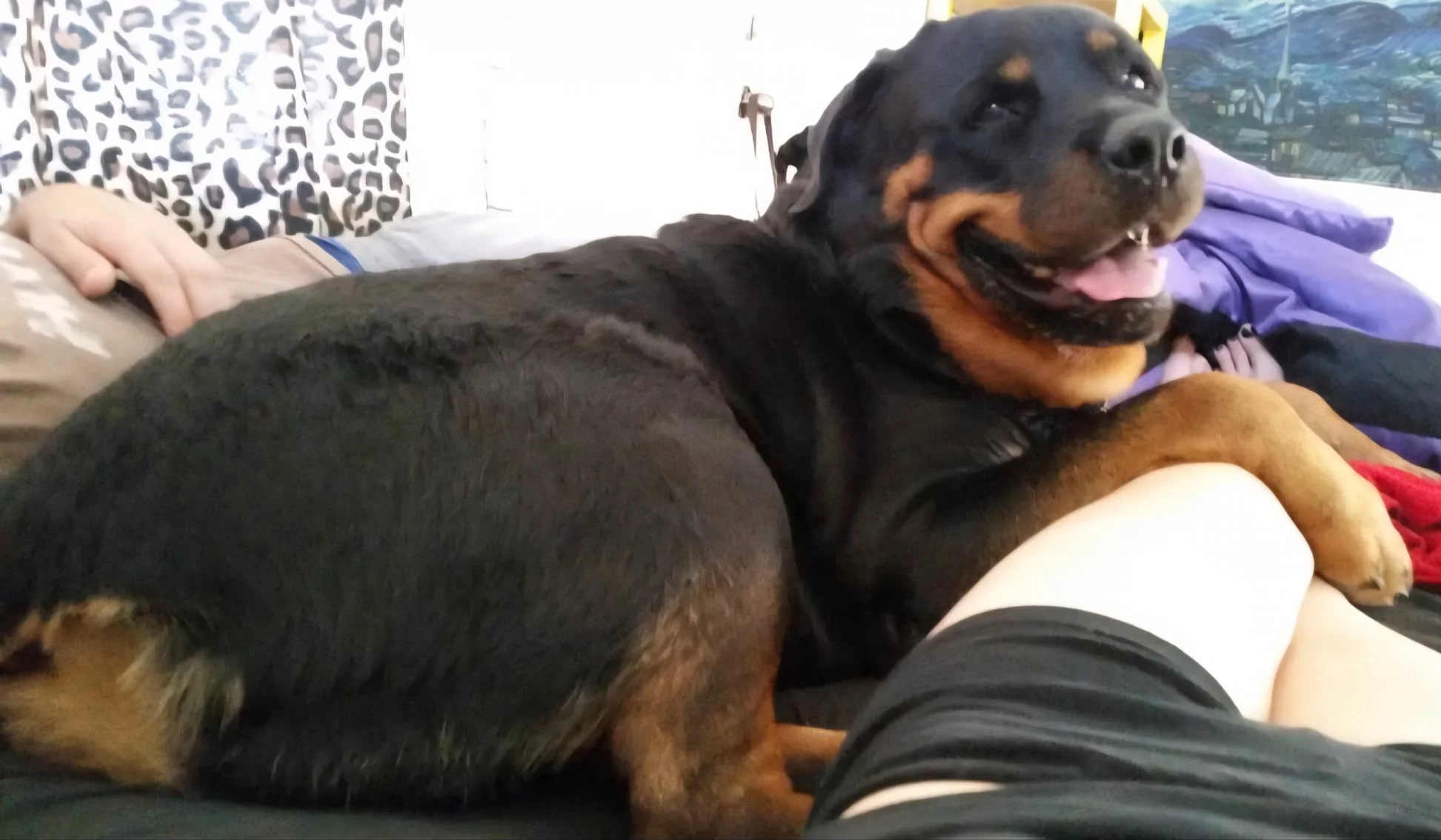Protect Our Pets
Sign the petition to End Corporate Vet Immunity
Families deserve veterinary care that puts pets over profits. We’re calling on legislatures across the country to demand transparency, accountability, and patient-first standards in veterinary medicine.
In September 2023, my dog, Mr. Mister, was hospitalized at VCA Animal Specialty Group in Glendale, California for dehydration and kidney issues.
During his stay, he developed severe breathing and neurological complications. We were later told that the veterinarian in charge was unable to administer his prescribed treatment because their supervisor, who had to “approve” it, was off-site and unreachable.
The following day, I found that his cone had been tied so tightly it was cutting off his air. Records show he had been struggling to breathe (many times, orthopneicly) for 11 hours. Once the cone was loosened, his breathing immediately improved and orthopneic breathing was never documented after.
When he returned home, he showed clear signs of brain damage. What’s more, bending his head forward to eat, drink or even to sleep, caused coughing or breathing difficulties. He suffered for months until he passed away.
In response to me discovering that VCA had tied gauze around his neck too tightly, VCA has argued that a “reasonable” person would NOT find that emotionally distressing, “especially when the tightness of the e-collar can be adjusted.”
I believe that statement reveals everything wrong with this system - one where animals suffer and veterinary corporations hide behind the law, and face no real accountability.
our story
What We’re Asking For
Pets and their families deserve the same safety, transparency, and accountability humans expect in a hospital. These are common-sense improvements for veterinary emergency hospitals that state lawmakers can no longer ignore.
RECognize PETS as family
Pets should not lose legal rights the moment they walk into a veterinary hospital. Recognize companion animals as family members, not just property, so families can recover emotional distress damages when negligence or malpractice causes harm in the ER.
corporate accountability
Hold veterinary corporations responsible when company policies or cost-cutting directly cause injury or prevent proper care. Veterinarians who cause harm or abuse animals must also face accountability beyond a mere finding of “negligence.” If an average person can be prosecuted for failing to provide food, water, or restricting a dog’s oxygen by tying something too tightly around the neck, veterinary corporations should face consequences.
informed consent
Families are often not told if their pet’s care, diagnosis, or life-saving surgery is being performed primarily by an intern or trainee. As in human healthcare, require full disclosure of risks, clarity about provider roles (interns, residents, students), and the right to refuse.
escalation pathways
Families must have a timely way to escalate medical concerns beyond interns or junior staff — whether to an on-site veterinarian (in larger hospitals) or through a clearly defined chain of responsibility and transfer options for urgent cases.
whistleblower protections
Protect veterinary staff, veterinary technicians and veterinarians who speak out about unsafe practices, fraud, or harm to animals, so they cannot be fired or blacklisted for doing the right thing.
on-site transparency
Human hospitals post visible patient rights charters, oversight agency contacts, and Department of Public Health notices. Veterinary hospitals should do the same, with Veterinary Medical Board contact info and complaint rights clearly displayed.
treatment room cameras
Require cameras in treatment areas and mandate footage retention for a set period. Families should not have to rely solely on the words of staff accused of harm when records are incomplete or altered.
mandatory staffing ratios
Establish safe veterinary technician-to-patient ratios similar to human nurse-to-patient standards, preventing dangerous overload where one tech is forced to monitor multiple critical animals.
SIGN THE PETITION
Your signature adds weight. Your email lets us keep you posted on progress and action alerts. You can opt out anytime. You can find our privacy policy here.
Loading…
Every action counts 🧡





